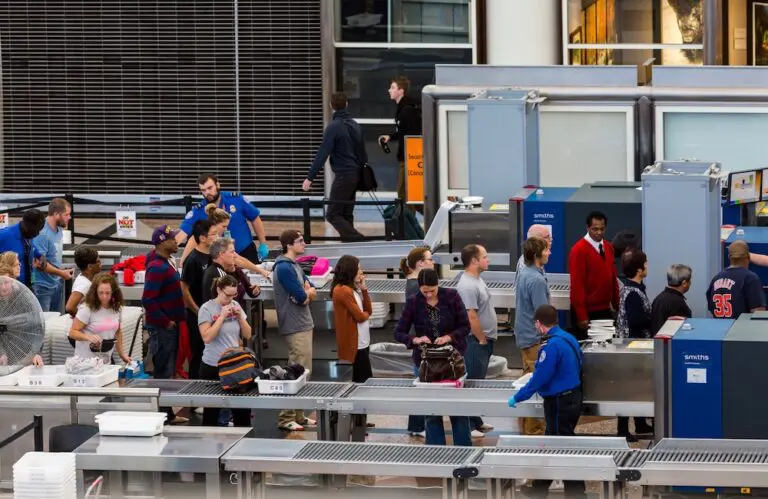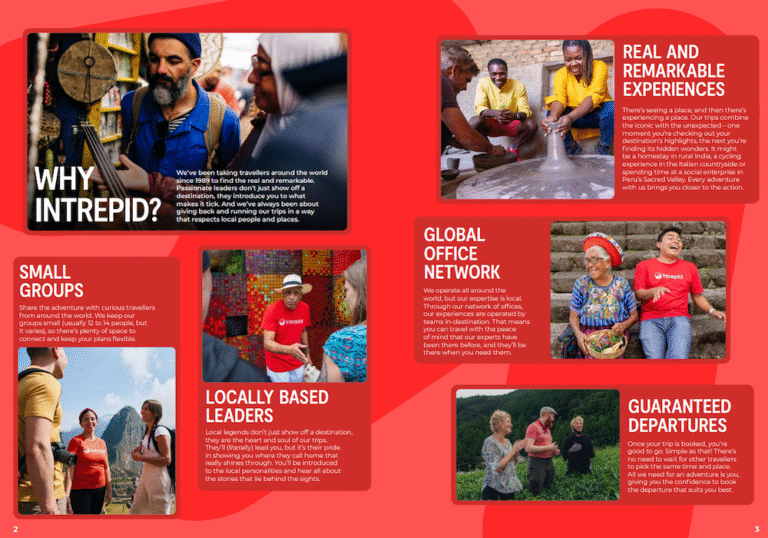Despite increased LGBTQIA+ awareness and advocacy, the latest research shows there’s no change in last year’s findings with only one in seven organisations (9%) equipping employees with the necessary LGBTQIA+ destination info for business travel.
World Travel Protection’s annual business traveller survey found the figures are even lower for employees who do not disclose their LGBTQIA+ identity with just eight per cent of companies providing specific travel information.
Here are some of the ways travel advisors can help their corporate and business clients support and inform their employees before travelling overseas for work.
1. Understand the legal landscape
With 70-plus countries criminalising same-sex relationships and anti-LGBTQIA+ sentiment in previously ‘safe’ regions, awareness and proactive measures during business travel are vital. Companies can provide employees with the latest safe travel info via Smartraveller and dedicated resources such as ILGA World and Human Dignity Trust.
2. Consider local cultures
Understanding cultural and social context is crucial beyond legal considerations. Discrimination against the LGBTQIA+ community can occur in locations without explicit legal targeting, as seen in the 2024 Gay Travel Index, where differing attitudes can be present within countries as well.

3. Engage with local authorities
But be aware of social and cultural attitudes toward sexuality and gender before seeking assistance. Some locations offer support from law enforcement officers for travellers feeling threatened or unsafe but use caution in countries where LGBTQIA+ relationships and identities are criminalised.
4. Support & safety in numbers
World Travel Protection’s survey found that 39 per cent of Australian business travellers are concerned about facing discrimination for their gender or sexuality during business trips with women (45%) more so than men (32%). Companies can support staff and their mental health during work trips by sticking in groups or using a destination host to navigate unfamiliar territories to ensure safety in numbers.





